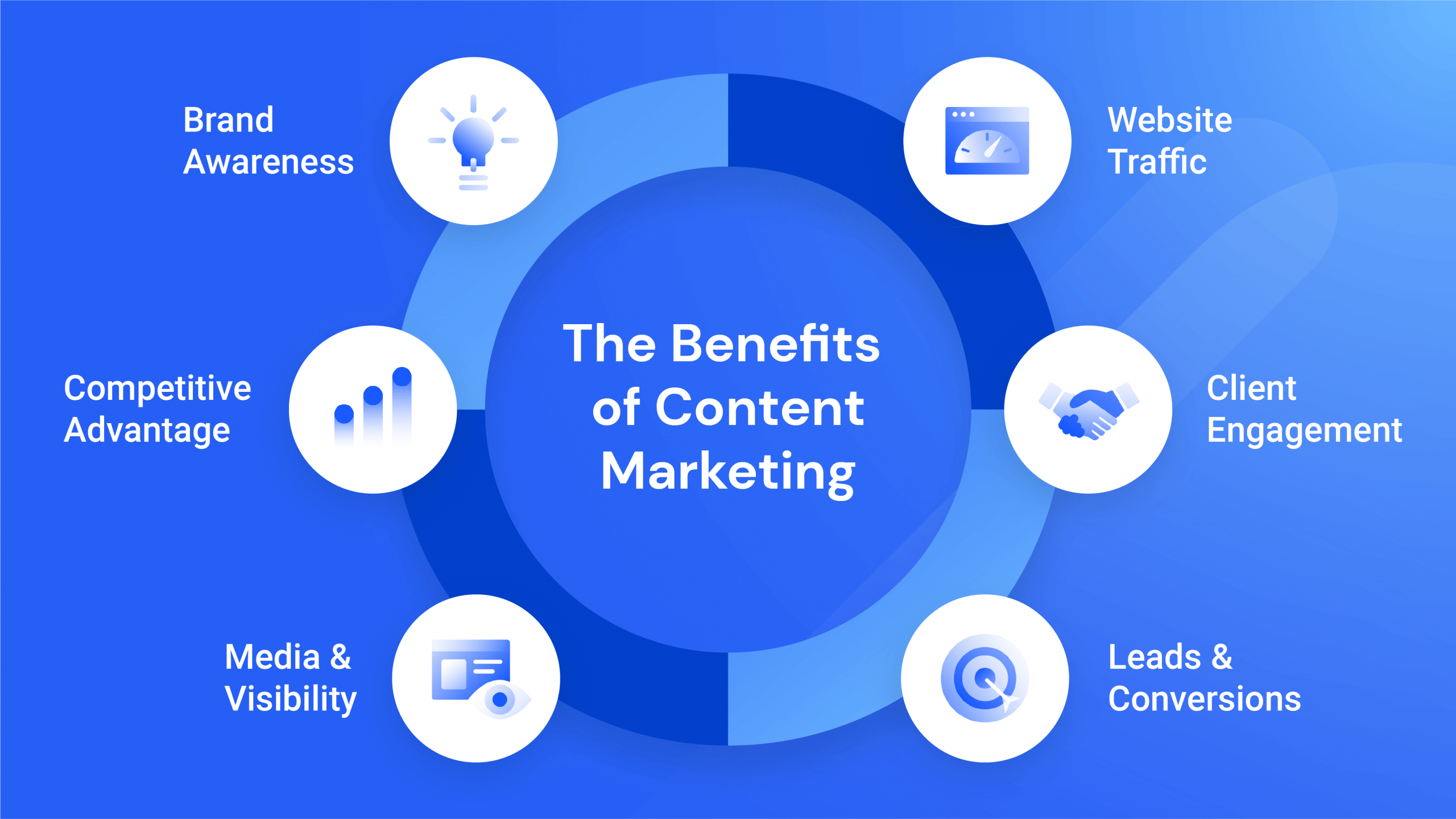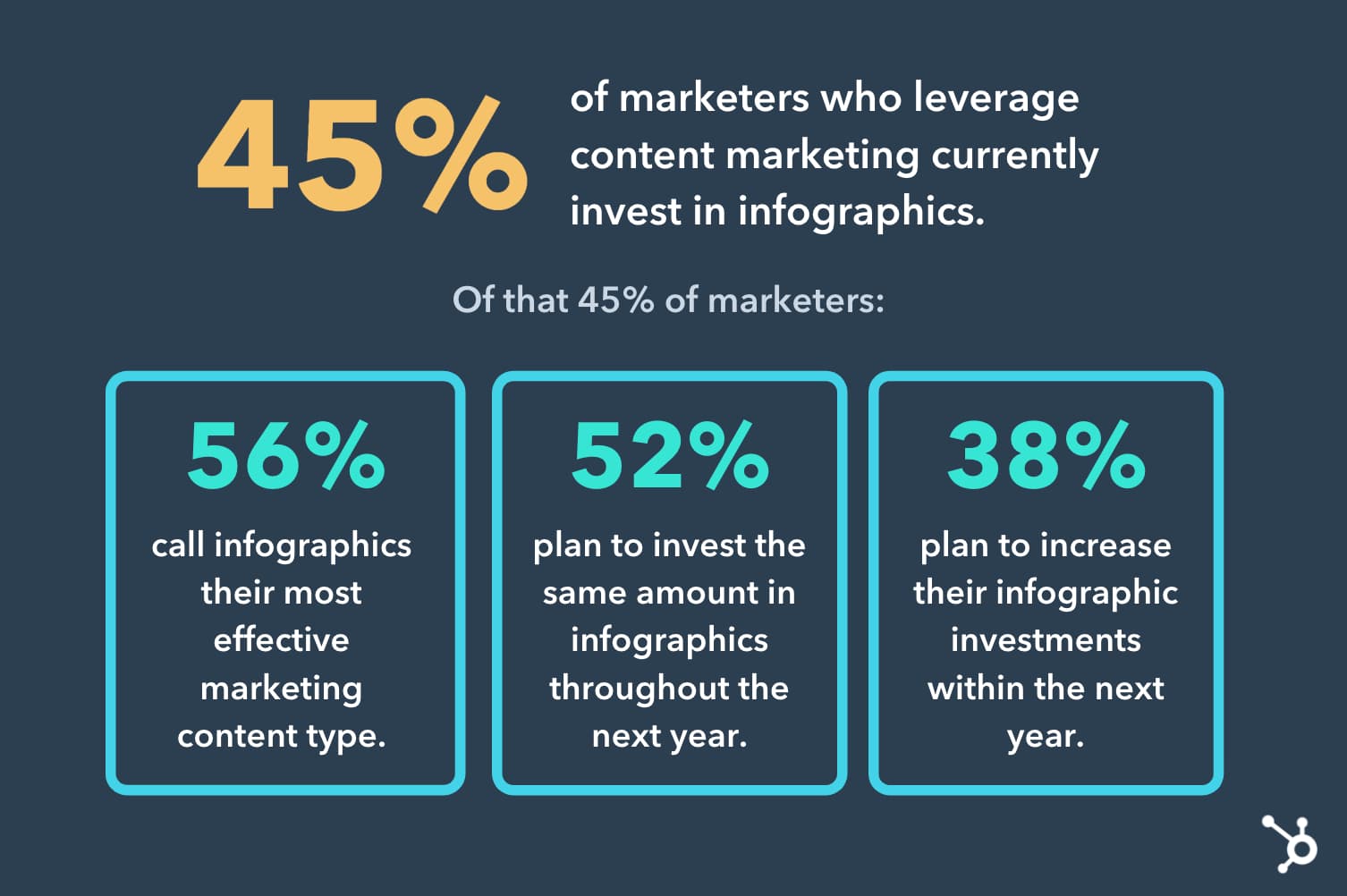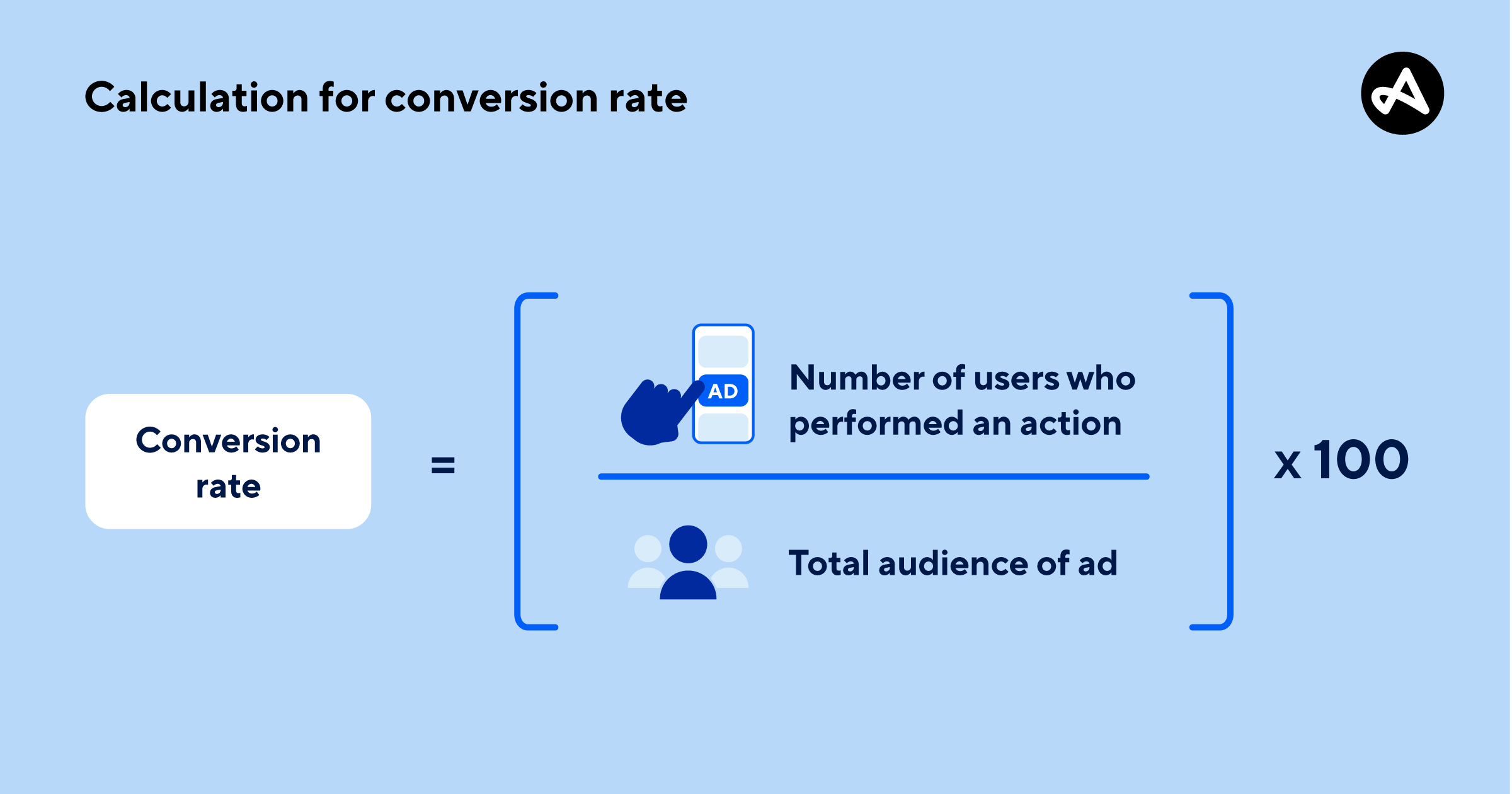Innovation is the name of the game in today’s digital landscape. One critical avenue that has seen significant advancement is digital content marketing strategy. This article will delve deep into the intricacies of content marketing strategy and answer your most pressing questions to help with your digital marketing.
Understanding The Importance Of A Digital Content Marketing Strategy

Why Content Strategy Matters
Content is the backbone of digital marketing. Without a well-defined strategy, your content may lack direction, consistency, and effectiveness. By understanding the importance of a digital content marketing strategy, you can create high-quality content that aligns with your business goals and target audience.
Aligning Content With Business Goals
A key step in developing an effective content strategy is aligning content with business goals. Your content should not only be compelling but also serve a purpose. Whether it’s driving sales, increasing brand awareness, or improving customer engagement, every piece of content should contribute to your overall business objectives.
The Cost Of Poor Content Strategy
A poor content strategy can be costly. Not only does it lead to wasted resources, but it can also damage your brand’s reputation and customer relationships. Hence, understanding the importance of a digital content marketing strategy is paramount.
Key Elements Of A Successful Content Strategy

Target Audience And Buyer Personas
Understanding your target audience is crucial in shaping your content strategy. You can create more personalized and engaging content by developing detailed buyer personas.
See our post on how to target your audience here.
Content Types And Formats
The type of content you create, be it blogs, videos, infographics, or podcasts, should align with your audience’s preferences and your marketing objectives. Choosing the right content format is integral to your content marketing strategy.
1. Blog Posts
Blog posts are often the first type of content that comes to mind when considering content marketing. They’re versatile and can be used to educate your audience about your products or services, share industry news and insights, or provide helpful tips and how-tos. For instance, a health and wellness brand might publish blog posts about exercise routines, healthy recipes, or wellness tips.
2. Videos
Video content is incredibly engaging and is excellent for demonstrating how a product works, sharing customer testimonials, or running a webinar. A software company may use video content to provide step-by-step tutorials on using their software or share success stories from happy customers.
3. Infographics
Infographics make complex data and concepts easy to understand at a glance. They’re perfect for presenting industry statistics, explaining processes, or breaking down a complicated topic. For example, a marketing agency might create an infographic that discusses the benefits of different digital marketing strategies.
4. Podcasts
Podcasts are a fantastic way to deliver valuable content to your audience in a format they can consume on-the-go. They can be used for interview series, educational content, or niche discussions. A career development company might host a podcast series featuring interviews with successful professionals in various fields.
5. Social Media Posts
Social media posts are a great way to engage directly with your audience. They can be used to share bite-sized insights, promote your other content, or run contests and giveaways. For instance, a fashion brand may use social media posts to showcase new arrivals, share styling tips, or host a giveaway contest for its followers.
SEO And Keyword Research
SEO and strategic keyword research can help your content rank higher on search engines, improving visibility and reach. For instance, this article’s seed keyword is Digital Content Marketing Strategy.
When combined, SEO and keyword research creates a powerful synergy. By optimizing your website for search engines and incorporating the right keywords, you increase the likelihood of your content appearing in top search results. This improves your content’s visibility and can drive more organic traffic to your website and potentially increase conversions.
See how SEO can help your business.
Setting Objectives For Your Content Marketing

Importance Of Clear Objectives
Setting clear, measurable, and timely objectives is crucial in guiding your content creation process and gauging its success. This practice, known as defining content marketing objectives, also helps ensure that your content aligns with your overall marketing and business goals.
See Our Post on Setting Clear Goals And Objectives Here.
Types Of Content Marketing Objectives
Objectives for content marketing could include increasing brand awareness, driving traffic to your website, generating leads, or improving conversion rates. These objectives will influence the type of content you create and how you distribute it.
Five Key Objectives For Content Marketing
- Increase Brand Awareness: Content marketing can help increase awareness about your brand among potential customers. By publishing high-quality, relevant content that resonates with your target audience, you can build a loyal following and establish your brand as a thought leader in your industry.
- Drive Website Traffic: Another key objective of content marketing is to drive traffic to your website. By optimizing your content for search engines and promoting it on various digital platforms, you can attract more visitors to your site.
- Generate Leads: Content marketing can also be a powerful tool for lead generation. By creating engaging, insightful content that provides value to your audience, you can encourage them to provide their contact information, turning them into leads for your business.
- Improve Conversion Rates: Beyond just generating leads, the ultimate goal of content marketing is to convert those leads into customers. By tailoring your content to the needs and interests of your audience at different stages of the buyer’s journey, you can guide them toward making a purchase.
- Enhance Customer Retention: The final key objective of content marketing is to enhance customer retention. By consistently delivering valuable, engaging content that resonates with your audience, you can foster a relationship with them and keep them coming back for more. This helps build a loyal customer base and increases the chances of upselling and cross-selling opportunities.
How Objectives Influence Content Creation
Your content marketing objectives can heavily influence your content creation. For instance, if your objective is to increase website traffic, you might focus on creating SEO-rich blog posts to attract organic search traffic.
Alternatively, to generate leads, you may create compelling e-books or whitepapers that provide in-depth insights and require visitors to enter their email addresses to access them. Similarly, to boost brand awareness, you could create engaging videos or infographics that offer value to your audience while subtly promoting your brand’s expertise and unique value proposition.
Mind Your Business Newsletter
Business news shouldn’t put you to sleep. Each week, we deliver the stories you actually need to know—served with a fresh, lively twist that keeps you on your toes. Stay informed, stay relevant, and see how industry insights can propel your bottom line.
Subscribe to Mind Your Business
These can easily be shared across social media, maximizing your reach. To improve conversion rates, consider developing case studies that provide compelling evidence of your product or service’s effectiveness. To enhance customer retention, you might create a regular email newsletter or blog series that provides ongoing value, keeping your brand in mind for customers. It is crucial to remember that the type of content you create should always align with your objectives, and each piece of content should serve a specific purpose in your overall content marketing strategy.
Conducting A Content Audit

What Is A Content Audit?
A content audit is an evaluative process in which you analyze the performance of all content on your website. This helps you identify what’s working, what’s not, and what can be improved or eliminated.
Steps In A Content Audit
- Inventory Content: Start by listing all your content. This could be blog posts, web pages, videos, infographics, podcasts, etc. Use tools like content inventory software or spreadsheets to make this process easier.
- Analyze Performance: Review each piece of content for its performance. Look at traffic, engagement, conversion, and SEO ranking metrics.
- Identify Content Gaps: Look for topics or formats you haven’t covered yet but could benefit your audience and objectives.
- Assess Quality: Evaluate the quality of your content. Check for outdated information, mistakes, broken links, and other issues that could harm your credibility or SEO ranking.
- Update or Eliminate Content: Decide whether each piece of content should be updated, repurposed, or removed. Content that is outdated or not performing well could be hindering your strategy.
- Define New Content Goals: Based on your audit, set new goals for your content strategy. This could include creating more of a certain type of content, improving the quality of your content, or targeting new keywords.
- Create a Content Calendar: Plan your content creation and publication schedule based on your new goals. This will help you stay organized and consistent with your content marketing efforts.
Content Calendar Creation

Importance Of A Content Calendar
A content calendar is an essential tool for planning and scheduling content. It helps ensure consistency in content distribution, manage workload, and plan for key dates or events.
How To Create A Content Calendar
Creating a content calendar involves identifying what content to create, when and where to publish it, and who is responsible for each task. Various tools are available for content scheduling, making the process more manageable.
Measuring Content Strategy Success

Key Performance Indicators (KPIs)
KPIs are quantifiable measures used to determine the success of your content strategy. Some common content KPIs include engagement rate, conversion rate, and return on investment (ROI).
Analyzing Content With Specific Tools
A wide array of digital tools are available for content analytics, each offering unique functionalities to help you measure the success of your content.
For instance, Google Analytics is one of the most popular tools. It provides comprehensive data on website traffic, user behavior, and conversion rates. It enables you to track which pieces of content garner the most attention and from where, helping you refine your strategies.
Another useful tool is SEMrush, which offers insights into your SEO performance and lets you track your competitors’ strategies. This tool helps you identify the keywords your content is ranking for and suggests new opportunities for optimization.
Social media platforms also offer built-in analytics tools. For example, Facebook Insights provides data on post reach, impressions, likes, shares, and comments, while Twitter Analytics can show you information about tweet impressions, clicks, retweets, and likes. These tools are crucial for evaluating the performance of your social media content.
Lastly, tools like BuzzSumo can provide powerful insights into what content is performing well in your specific industry or niche on various digital platforms.
By utilizing these tools, you can make data-driven decisions, hone your content strategy, and increase your digital presence effectively.
Adjusting Your Content Strategy
Once you understand how your content is performing, you can make the necessary adjustments. These could include tweaking your content types, formats, distribution channels, or overall content marketing objectives.
- Refining Your Target Audience: If your content isn’t resonating with your current audience, it might be time to revise your buyer personas. This could involve targeting a different demographic, adjusting your tone and language, or changing the platform where you distribute your content.
- Altering Content Format: Data might show that certain types of content (e.g., videos and infographics) perform better than others. In this case, consider shifting your resources to create more of the content types your audience prefers.
- Optimizing for SEO: If your content isn’t attracting organic traffic, it may be time to revisit your SEO strategy. This could involve targeting new keywords, improving your website’s technical SEO, or enhancing the readability and structure of your content.
- Modifying Distribution Channels: If certain distribution channels are underperforming, you might need to focus on those that bring in the most traffic. This could also mean exploring new channels that you haven’t used before.
- Updating Content Regularly: If older content no longer drives traffic or engagement, consider updating it with fresh information or repurposing it into a new format. Keeping your content up-to-date ensures it remains relevant and valuable to your audience.
Future Trends In Digital Content Marketing

AI And Content Creation
Artificial Intelligence (AI) is increasingly being used in content creation. AI can create content faster, eliminate human error, and even personalize content for individual users.
Video Content
Video content is becoming more popular due to its ability to engage users and convey information in a dynamic and easy-to-understand way.
User-Generated Content
User-generated content (UGC) is another growing trend. UGC can include reviews, testimonials, or any content created by users and can be a powerful tool for building trust and community.
Conclusion
In this digital age, content is king. Embracing the right content marketing strategy can propel your business to new heights. From conducting a content audit, defining new goals, creating a content calendar, leveraging insights from analytics, and adjusting your strategy accordingly, every step plays an integral role in your content marketing journey.
Moreover, staying abreast of the latest trends, such as AI in content creation, video content, and user-generated content, is essential to remaining competitive. Remember that the content marketing landscape is always evolving, and to thrive in this realm, you must be ready to adapt and innovate.
Finally, remember that successful content marketing isn’t about random acts of content. It’s about driving strategy with purpose and direction. It’s the key to building relationships with your audience and achieving your business goals.
Ready to elevate your content marketing game? Don’t hesitate to get in touch. Contact us today to begin your content marketing journey – we’re ready to help you succeed!







